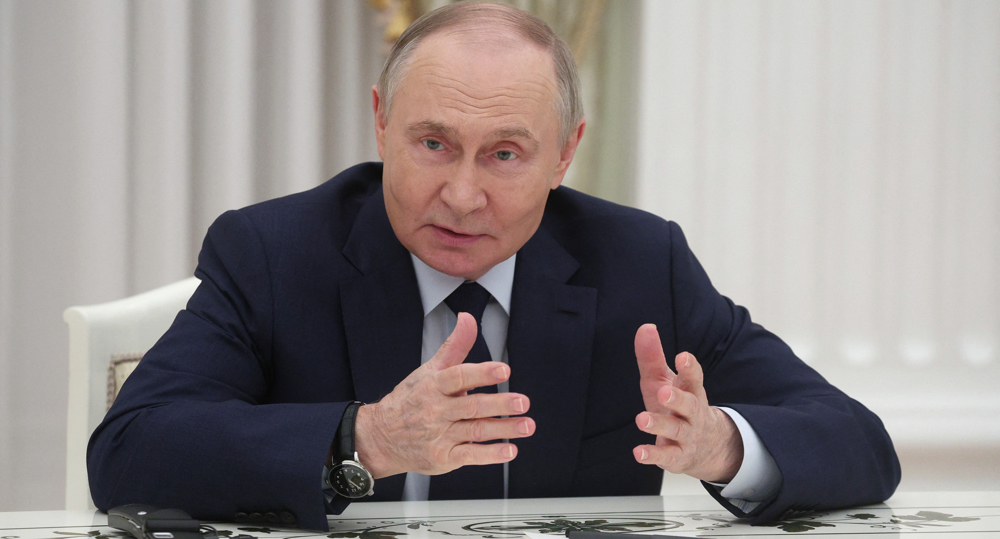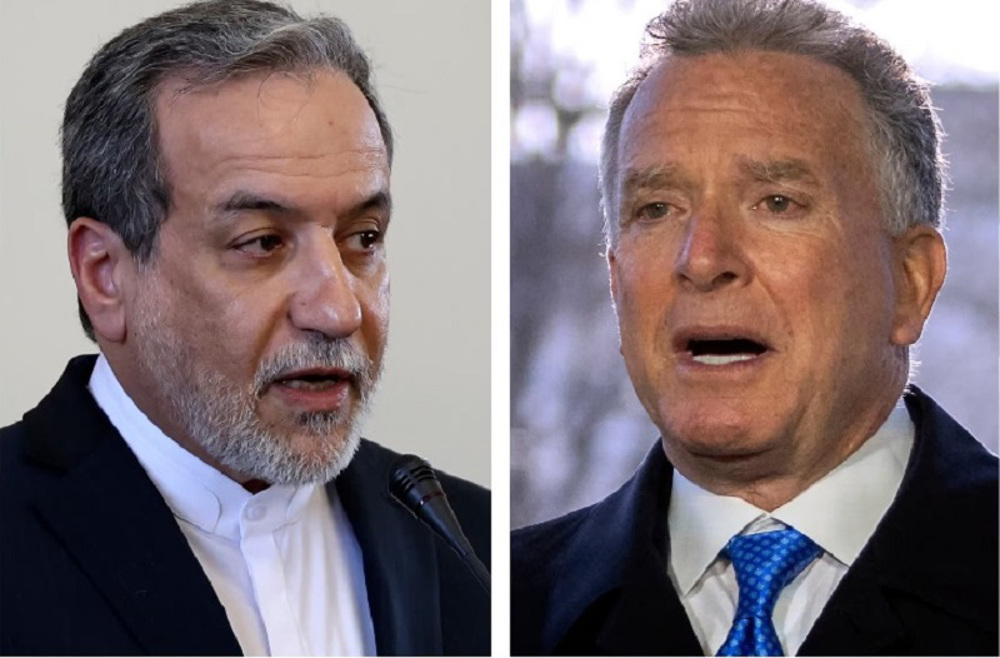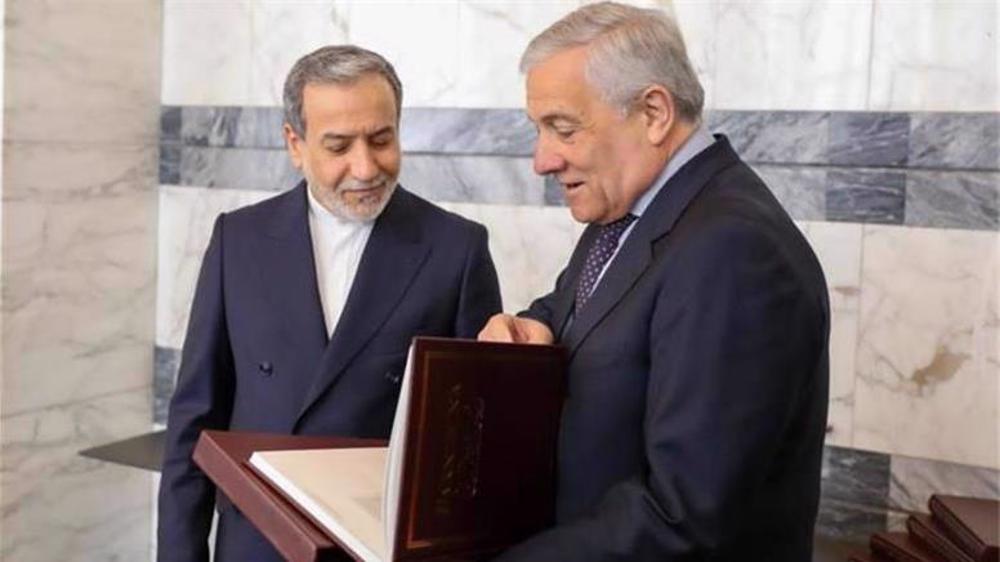E3 calls on Iran to halt R&D activities aimed at producing new fuel for Tehran reactor
The three European signatories to a landmark 2015 nuclear agreement signed between Iran and major world powers have called on Tehran to halt its research and development (R&D) activities, claiming they are against the deal.
Iran’s permanent representative to Vienna-based international organizations announced the start of research and development activities on Wednesday.
“R&D activities related to the design of an improved type of fuel for the Tehran Research Reactor has started. Natural uranium will be used to produce uranium metal in the first stage,” Kazem Gharibabadi tweeted.
He also noted that the International Atomic Energy Agency (IAEA) had been notified of Iran’s plan.
In a statement on Saturday, the three European sides – the United Kingdom, Germany and France – claimed Iran’s move to begin work on uranium metal-based fuel contravened the 2015 nuclear deal, officially known as the Joint Comprehensive Plan of Action (JCPOA), saying that under the deal, Iran had committed to not engaging in production of uranium metal or conducting research and development on uranium metallurgy for 15 years.
“We strongly urge Iran to halt this activity, and return to compliance with its JCPOA commitments without further delay if it is serious about preserving the deal,” the trio’s statement added.
Iran’s measure was taken under a law, dubbed the Strategic Action Plan to Counter Sanctions, which has been already approved by the country's parliament (Majlis).
The legislation requires the Atomic Energy Organization of Iran (AEOI) to produce at least 120 kilograms of 20-percent enriched uranium annually and store it inside the country within two months.
It also urges the AEOI to start the installation, gas injection, enrichment and storage of nuclear materials up to an appropriate enrichment degree within a period of three months using at least 1,000 IR-2m centrifuges.
Iran on January 4 announced the beginning of the process to enrich uranium to 20 percent purity at its Fordow nuclear facility to reciprocate the United States’ unilateral move to withdraw from the JCPOA and the failure of the European signatories to fulfill their side of the deal.
US President Donald Trump unilaterally pulled Washington out of the JCPOA in May 2018, and unleashed the “toughest ever” sanctions against the Islamic Republic in defiance of global criticism.
Following its much-criticized exit, Washington has been attempting to prevent the remaining signatories – teh EU3 plus China nd Russia – from abiding by their commitments and thus kill the historic agreement, which is widely viewed as a fruit of international diplomacy.
Iran remained fully compliant with the JCPOA for an entire year, waiting for the co-signatories to fulfill their end of the bargain by offsetting the impacts of American bans on the Iranian economy.
In response to the US' unilateral withdrawal from the JCPOA, Tehran has so far rowed back on its nuclear commitments five times in compliance with Articles 26 and 36 of the nuclear deal, but stressed that its retaliatory measures will be reversible as soon as Europe finds practical ways to shield the mutual trade from the US sanctions.

Russia's President Putin ratifies bill for strategic partnership with Iran

Indirect Iran-US talks proceed on 'constructive' note

‘Rome talks made progress on principles of ‘likely deal’; optimism warranted but with great caution’
Iran condemns baseless GCC claims on 3 Persian Gulf islands
At least 65 Palestinians killed inside Israeli prisons
VIDEO | US deadly aggression vs Yemen
Iran denies US investors will be present in its trade fair
Israeli forces kill three Palestinians in intensified West Bank raids
VIDEO | Press TV's news headlines
Nearly 600 children killed in renewed Israeli assault on Gaza: UN agency
Moroccan port workers protest Maersk ship carrying F-35 parts to Israel








 This makes it easy to access the Press TV website
This makes it easy to access the Press TV website